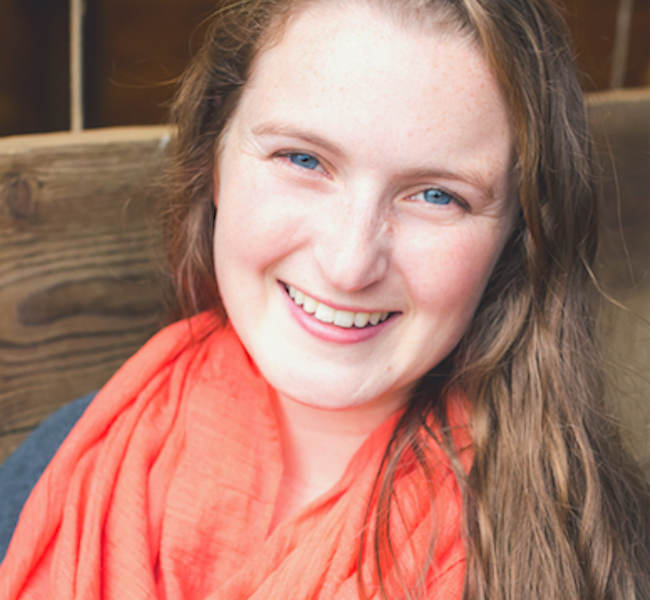 Smith
Smith
Often, the word “therapy” conjures images of sitting in a room and talking. And, while talk therapy serves many people well, it isn’t the best fit for everyone – especially people who don’t love talking about themselves, people who process their experiences internally, or people who find actions speak louder than words.
Sometimes, a slightly different approach is needed, and that’s why I’m excited to share more about equine-assisted psychotherapy.
What exactly is it?
Equine-Assisted Psychotherapy (EAP) is mental health therapy, plus horses. Typically, EAP is facilitated by two humans and at least one horse, but often more horses are involved. The human team is composed of a mental-health professional (who promotes emotional safety in the session and guides the mental-health treatment process) and an equine specialist (who promotes physical safety and helps the session stay focused on the horses). There are a few different programs that offer EAP training for facilitators.
Why include horses in the therapy process?
Our horses are selected for their temperaments, behaviors, and presence. Horses are excellent partners in mental-health therapy for a few reasons:
They are experts at being in the moment. As prey animals, horses are wired to be attuned to their surroundings. This invites whoever is around them to ground in the present moment and build mindfulness. In fact, we often have clients reflect that they are able to access new levels of presence, calm, and meditation in EAP than they ever have before.
A horse’s natural social structure is a herd, and they are relationally-oriented animals. They can help us learn (or re-learn) healthy relationship and attachment patterns through their responses to energy levels or actions throughout the sessions. This helps provide greater self-awareness for clients to understand their own emotions, thoughts, and behaviors in more depth.
Horses can offer a buffer from directly talking about challenges. For example, we may begin with observing how the horse is managing their feelings, rather than directly asking the client about their own management strategies. Gradually, we shift to seeing if the lessons from the horses match what the client needs in their own life. In my practice, we frequently find that clients are more willing to talk about things through the lens of the horse before they feel ready to share in direct relation to their own experiences.
EAP helps those who experience anxiety. And our horses are natural experts in this role. Their size often activates some nervousness, while their demeanor can help soothe that nervous system response. EAP supports clients in building awareness of how their body feels when distressed or when relaxed and allows us to support clients in practicing skills in the moment to help them feel more confident in managing their anxiety.
Some of my favorite moments in EAP are watching our clients build unique relationships with our horses, find ways to communicate their wants and needs, and feel more wholly present in their own experience. At the end of each EAP session, I feel grateful for the chance to witness our horses offering their wisdom and the opportunity to guide our clients in growing their skills and expanding their self-awareness. Therapy can be a beautiful journey, and adding in horses, well … it just makes it that much better.
Alycia Smith, LCSW, LICSW, CMHS, AASW, is a co-owner and therapist in Multnomah County. Learn more about Alycia and equine-assisted psychotherapy at cherishcounseling.com








